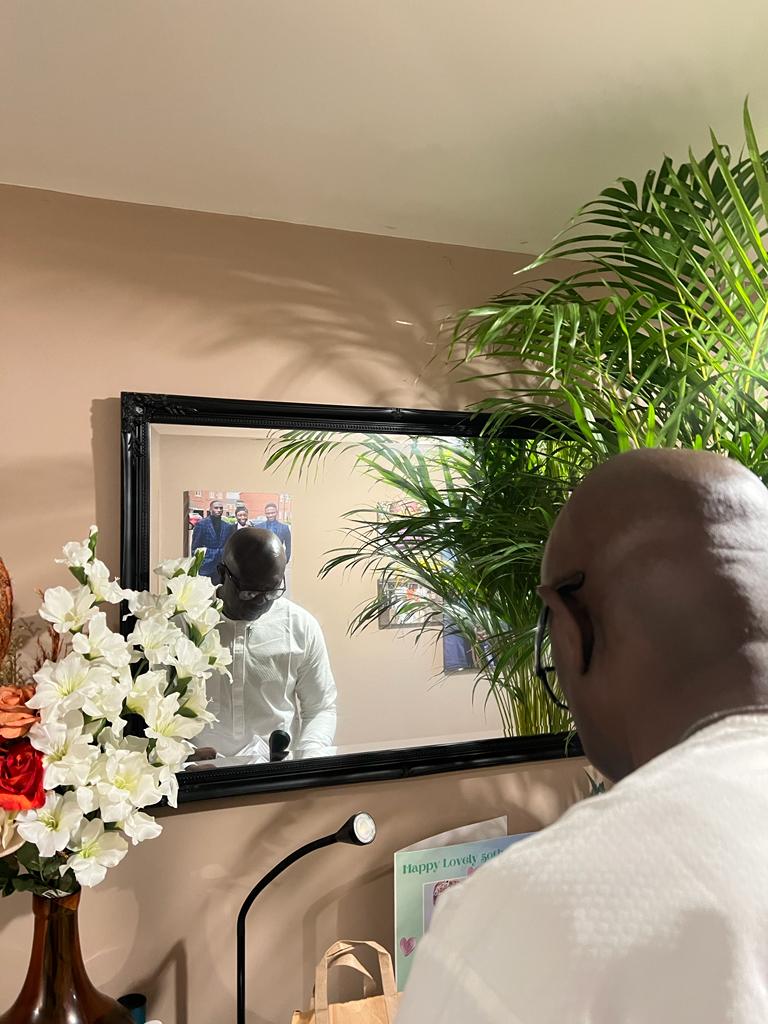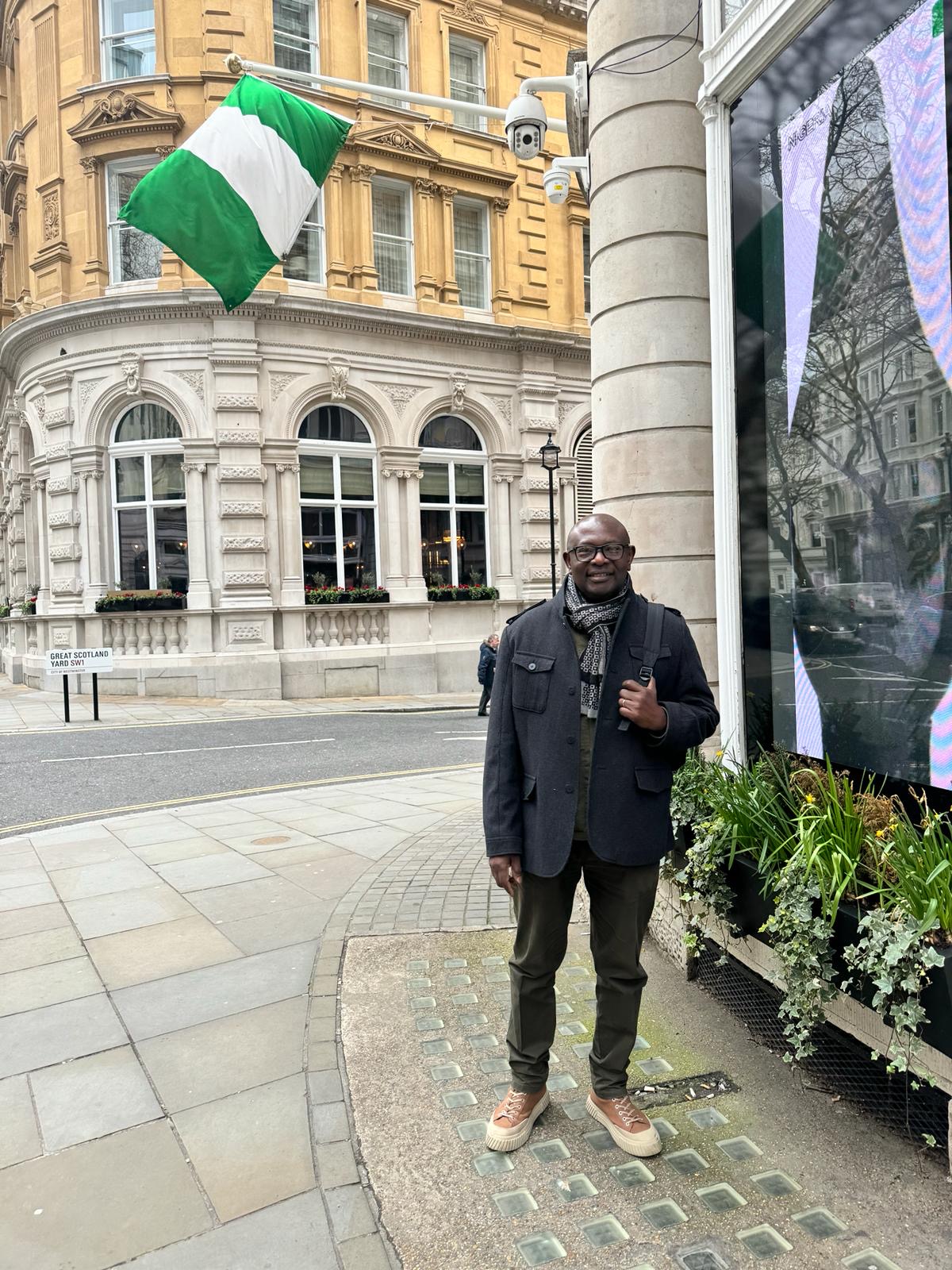A couple of Sundays ago I wrote on leadership in Nigeria. I said our political leaders are created and not born. I got reactions from some readers. While some think I am harsh, the majority agreed that leadership in Nigeria is indeed attained, not by the vision you have, but who you know. Or better still, how you can position yourself for opportunities.
To be honest, Nigeria does not lack leadership. What is in contention is the quality of leadership offered by those who have been there. Most of the leaders were opportunists who had no clue what it was to lead a nation. A roll call of the individuals reveals most got shots at leadership not on merit but from where they are from.
Apart from the First Republic leaders, most of our political leaders “walked” to power by force. Nigeria has been unfortunate to have recurring military regimes since the sixties. It is a well-known fact that these guys were not in any way visionaries, but products of military coup d’états.
Some (if not all) of the coups that brought them to power were products of ethnic jingoism. They needed no vision or plan. They had guns and drafts of speeches to explain why they were taking over the running of the common “destiny”. These guys rose to power by the use of weapons supplied and maintained from taxes paid by the citizens.
Is it not ironic that some of these military boys have metamorphosed into new day “democrats”? Sad. The qualification for leadership for them is their participation in past coups. Today, they stand tall as we hail them as our leaders and messiahs. The lesson – forget the past and concentrate on the present.
The country obtained independence from colonial masters in 1960. It is instructive that citizens are still enslaved by the indigenous leaders. Many Nigerians have remarked that they could be better off under colonial rule.
Last week, once again, we rolled out the drums to celebrate Democracy Day. Every year, May 29th, we remind ourselves that the country is not yet in adulthood. It is not rude, but an awkward awakening that we are just about starting off the block. It is always a day when we gather together to remind ourselves how long it took us to become a “democratic nation”.
Like most Nigerians, this day brought into remembrance for me, the various attempts at democracy. There were so many experiments, but unfortunately, none of these endured. No thanks to the military interlopers. They thwarted every attempt at running democratic governments. Not only did they interrupt, they tried to foist their form of democracy on the citizens.
The “a little to the right”, and “a little to the left” attempts at democracy is still fresh in our minds. No thanks to Ibrahim Babangida – one of the vision-less leaders we have had the misfortune of being under. This “leader” manipulated the system for as long as he could, to keep himself in power.
He outsmarted himself after he annulled the results of the 1993 general elections. An election regarded as the most peaceful and well organised, in the history of the country. The same individual, years after, mooted the idea of contesting for the highest post in the land. Funny.
The journey to democracy is fresh in our minds. This year marked the 19th anniversary of the start of “home-grown democracy”. In 1999 the expectations of a “better after” were very high, not only for Nigerians but the whole world. Before this, Nigeria, the most populated black country was an embarrassment.
The image of the country was not helped by the antics of the most notorious “leader” Nigeria ever had – Sani Abacha. There is no guessing what end of the scale Abacha will occupy, compared to other leaders. At the same time, he definitely won’t fare badly by the indexes for leadership in Nigeria.
1999 was an opportunity to redeem the country. Everyone sucked in on the redemption mission. The electoral commission managed a resemblance of “acceptable” election, watched by foreign monitors. Nigerians did not care about the outcome, as all they wanted was to send the military guys to the barracks. The world cared less too.
The “consensus” candidate Olusegun Obasanjo got elected. This was not based on personal qualities, but to appease a disgruntled section of the country. It would be deceptive to think Obasanjo was the best man to usher in democracy. His only credential as a military dictator was he handed over power to civilians in 1979. It was a short-lived Second Republic as the politicians were booted out by a gang of military “marauders”. President Muhammad Buhari was the leader of the “gang”.
Buhari’s rule was short and harsh. But this has not stopped his supporters from hailing him as the only sincere leader Nigeria has ever had. In fact, he is touted as the “saviour” of the nation. It’s funny. No. It is classic Nigeria. Have you wondered why many people lay claims to leadership in Nigeria? Buhari’s presentation as the only solution to Nigeria’s problems is one of the reasons.
I digress. Obasanjo’s swearing-in on May 29, 1999, as President marked the start of a journey. Nineteen years down the line, we have had four “rulers”. In sixteen of these years, a political party was in charge of the direction of destinies of Nigerians. In this period, many new names made it to the long list of “leaders”. They did not need to sweat or aspire to it.
Some of these “leaders” have no idea what they were doing. Within this period, some of our new breed leaders saw the opportunity to milk the state dry. A new democracy brought a new craze. “Ghana Must Go” bags became regular features at the National Assembly. The bags became an integral part of lawmaking process and “assisted” in almost rewriting our constitution. Their sizes were instrumental to how lawmakers voted.
We’ve seen politicians cross carpets, jump ships, formed and disbanded alliances. They were doing these not for the love of the country, but positioning for selfish gains. We knew the “leaders” were corrupt, but we never imagined how bad the stealing was (is). When the revelations started pouring in, they were mind-boggling.
Democracy Day has come to stay. The celebrations have become routine. It has made it into the list of many public holidays when we chill-out and allow the economy to run itself. The day is usually kick-started with a predictable national address by the President. It’s the same format every year.
But in the celebrations, we rarely remember those who sacrificed their lives for us to get where we are now. As times go by, the efforts of these heroes are forgotten. Ironically, they are now regional heroes remembered in their geopolitical areas. In a few days, we will make another pretentious effort to remember the icon of Nigeria’s democracy. We will pretend Chief Moshood Kashimawo Abiola is on our minds.
The “progressives” will rise up once again and tell us their efforts at installing democracy in Nigeria. At this stage, they make themselves the heroes and forget Abiola who lost his life for Nigeria’s democracy. His memories are fading, and the “progressives” say they are in power. Shame.
As written for the column Diaspora Matters, Sunday Vanguard June 3, 2018. First part instalment chronicling Nigeria’s “claim” to democracy.







